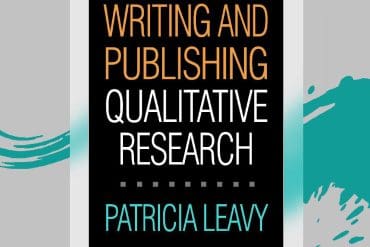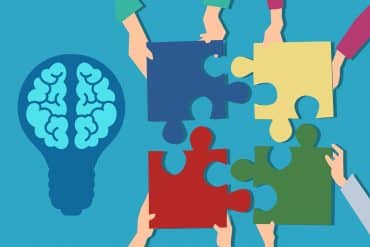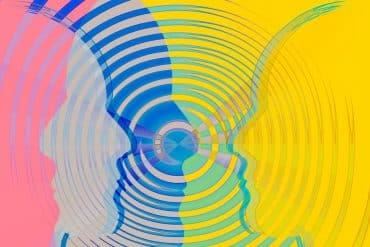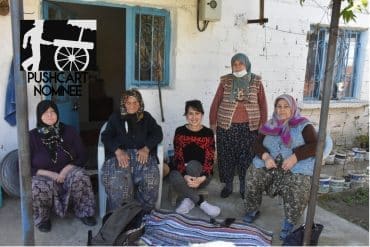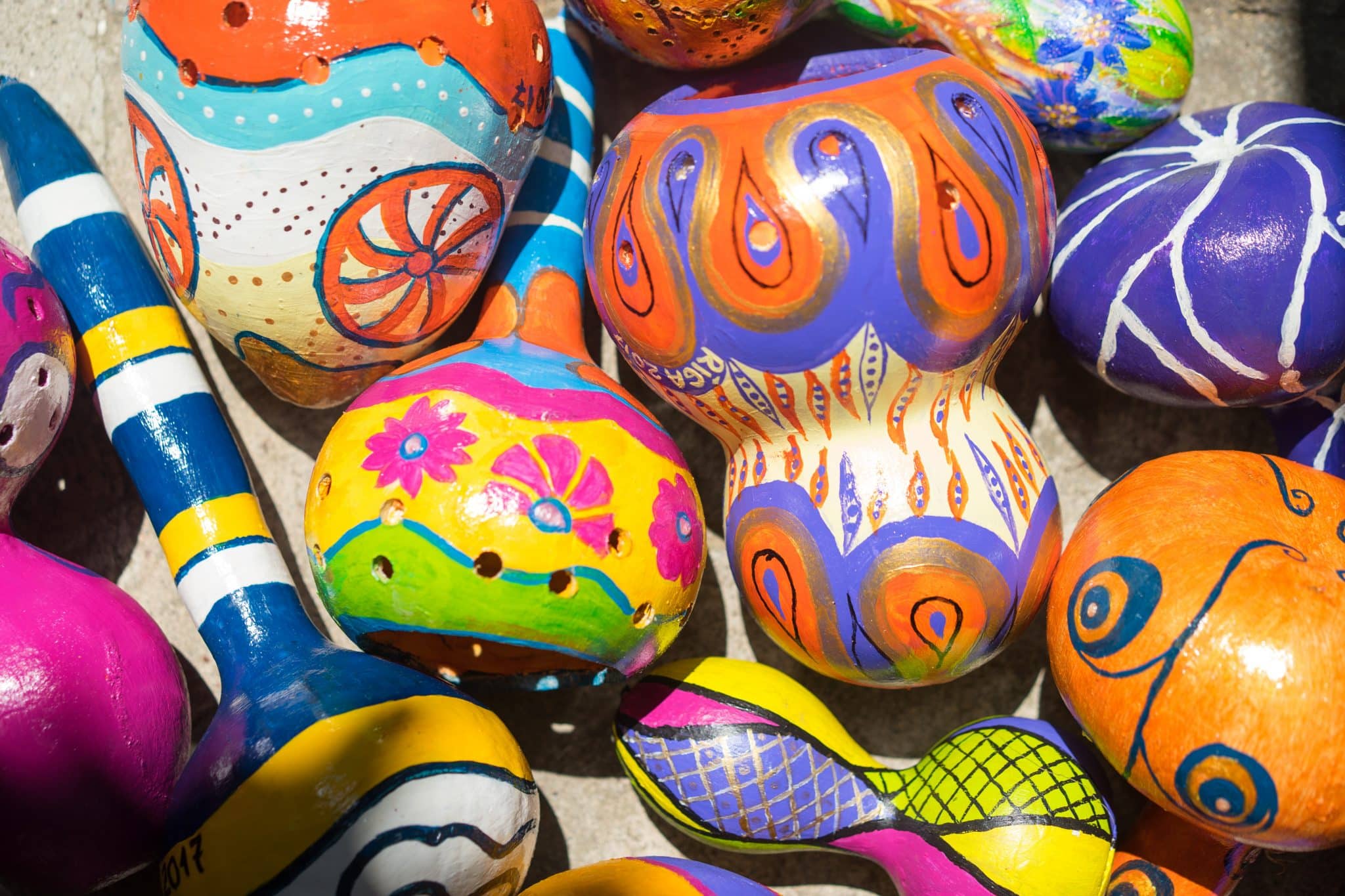Leavy’s Writing and Publishing Qualitative Research is a comprehensive guide that navigates the intricate landscape of qualitative research from the writing phase to publishing.
JoinedJanuary 20, 2022
Articles5
Dilek İşler Hayırlı is as an English Language Instructor at Ankara Yildirim Beyazit University. Her MA thesis in Folklore explored toy and play museums in Turkey and was published in Turkish. In addition to supporting The AutoEthnographer, she is the editorial assistant for the journal Culture Academy. Her research areas are cultural heritage, toy and play museums, autoethnography, village ethnography, monographies and memory. She is currently conducting a village monography project with Aliağa Municipality in İzmir, Turkey. This will be the focus of her autoethnographic PhD dissertation. She is very happy to have been introduced to autoethnography by her supervisor, Prof. Dr. Serpil Aygün Cengiz.
Coping with Pet Bereavement: My Forever Love for My Beautiful Cat 'Timi' is definitely not a farewell; it is only a love letter for my beloved cat who got lost on January 15, 2023, days after a magnitude 5.6 earthquake hit southern Türkiye. Like my country, I was also shaken deeply, and like the buildings, my heart almost collapsed.
Zona. I have always thought that names of diseases sound so beautiful. This is the story of a disease that lives with me.
This video explores how editors have developed their approach to reviewing creative autoethnography and highlights strategies for contributors.
What is autoethnography? The AutoEthnographer's international team of editors offer definitions & suggested readings.
Dilek Isler Hayirli·
All ContentAutoethnographic Art & MultimediaEducationFrom the EditorsMoreReflections on MethodVolume 2, Issue 3 (2022)
··13 min read"I had not been aware that this emotional research was also performing autoethnography, collecting memories from the field"
"In Turkey, we must consider opening folklore & the social sciences, but this time more powerfully, staggeringly, and creatively."


